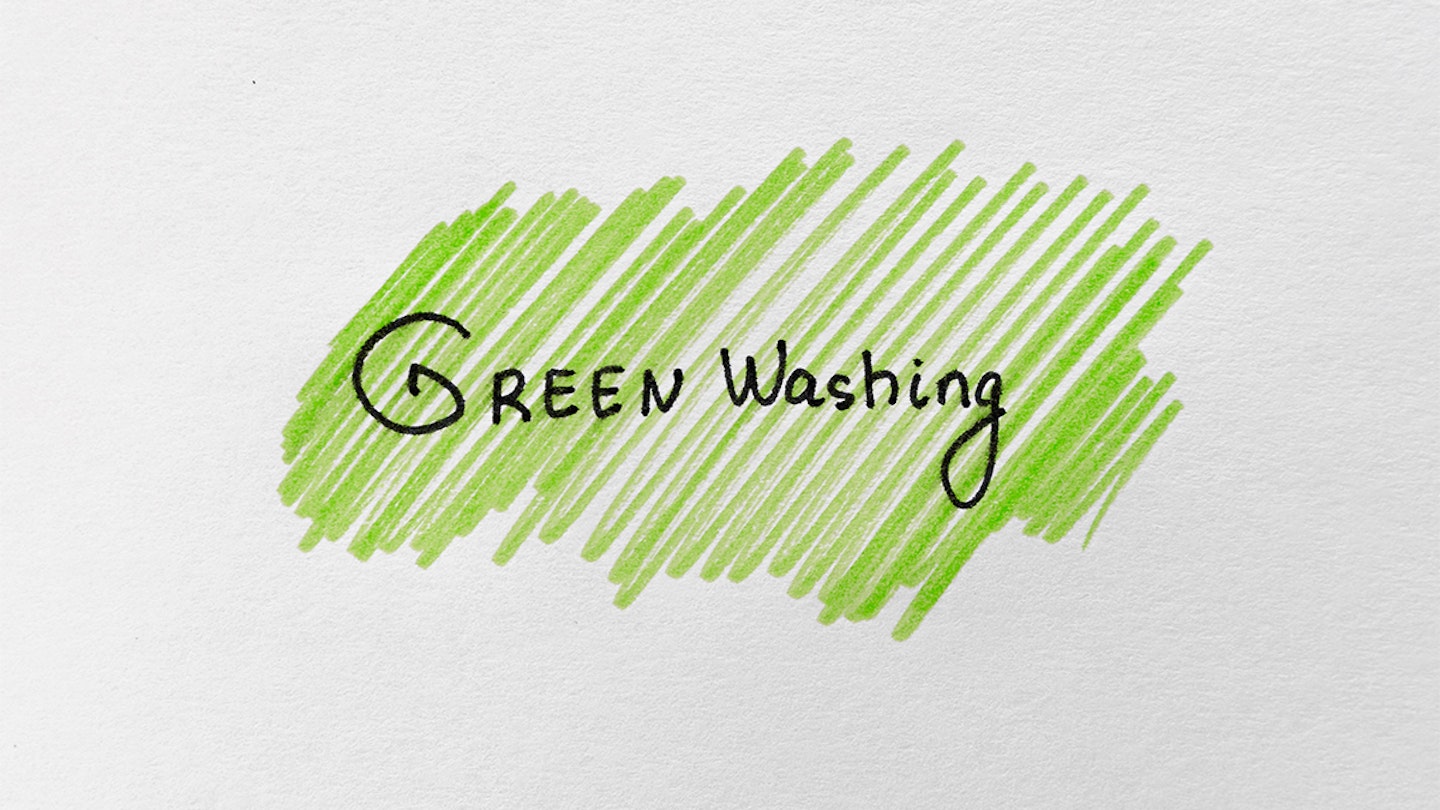As consumers, we’re always doing our best to take the greener route. Whether that’s taking our own bags to the supermarket or buying less fast fashion, our shopping habits are changing, and the companies we’re buying from now have a duty to provide us with more sustainable options.
You’ll have no doubt witnessed many brands and companies promoting how eco-conscious they are, with many offering customers more ‘green’ alternatives when shopping, from ‘conscious’ clothing ranges to companies who claim to ‘offset’ their emissions. But how much can we trust these claims?
Many environmental activists have criticised a number of brands, accusing them of Greenwashing - but what does this mean?
What is greenwashing?
The term greenwashing is used when something is branded as eco-friendly or sustainable when really this is not the case. It’s used to describe brands who mislead consumers into thinking they are making an environmentally conscious decision by choosing those products.
How can I spot greenwashing?
There are a few signs that you can be aware of when something is being advertised as an eco-friendly choice. We’ve popped a few examples of greenwashing below.
Language
Be wary of the language brands use around environmentally conscious products. There have been a number of cases where the ASA have judged some brands' claims of being misleading, so look out for terminology like ‘organic’, ‘natural’ and ‘eco-friendly’. Often brands use these kinds of words when only one or two ingredients or components are from sustainable sources.
Lack of transparency
Although some brands may say their products are sustainable, they often don’t take into account things like emissions from the factories that make the product and also the emissions from transporting the items overseas.
Try and do your research - if a brand has nothing to hide, it’s probably very easy to find their eco credentials on their website. If it’s tricky, they might have something to hide.
Limited environmentally conscious products
Many brands sometimes offer eco-conscious ranges, and while this is a good step, it’s important not to ignore the fact that the main bulk of their products are not sustainable.
A prime example of how this has been misleading, is in the case of H&M, when The Big Issuereported that, “H&M’s Conscious collection, pitched as a clothing line made from more sustainable materials such as organic cotton or recycled polyester, was found to contain a higher share of damaging synthetic materials than its main line (72 per cent compared to 61 per cent),”
Carbon offsetting
Although carbon offsetting can be a very positive thing, especially if you’re making the decision to offset your flights for your next holiday, some big brands exploit offsetting, and many activists worry this isn’t tackling the real issue.
Rather than cutting their emissions, they continue to pump emissions into the air and offset which is often seen as the easier option.
Buzzwords and imagery
It’s important to look for the scientific research behind the ‘green’, ‘sustainable’ and ‘eco-conscious’ claims, as these are very easy to claim without backing up.
In terms of imagery, we’re often distracted by trees, green packaging and pictures of nature as consumers, and we shouldn’t let ourselves be fooled.
Company ownership
You’d be surprised how many different brands are owned by the same conglomerate who often purchase smaller, more environmentally conscious brands to target customers who prioritise sustainability, so it’s important to do your research and check who is behind the brand and what are their values.
Packaging
Is it truly recyclable packaging? Some brands say it is when actually, not all the components of the packaging can be recycled, so try to check what your items will be packaged in before ordering.
Popular articles to read next
11 all-natural cleaning products that'll leave your home sparkling and green
